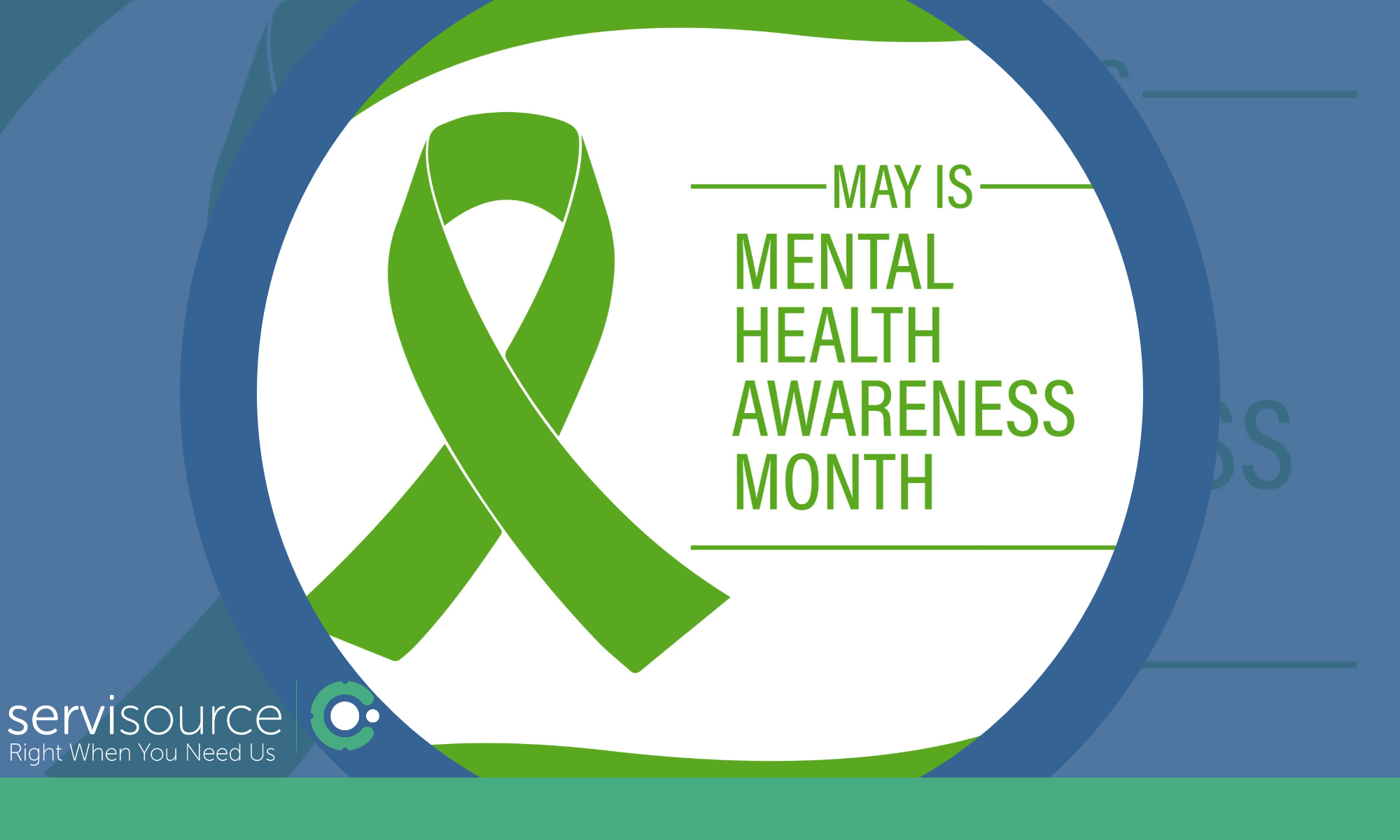Our Guide To Working As An International Nurse
If considering a career that combines adventure, professional growth, and the chance to make a real difference, then working as an international nurse offers these benefits and more. Through enhanced career opportunities to personal development and cultural enrichment, taking the leap into international nursing can open doors to exciting prospects. Whether working as a nurse in the Middle East, Europe, America or Australia, it can bring a plethora of benefits. Servisource’s recruitment team can support this adventure with our guide to working as an international nurse. This will assist nurses every step of their nursing career journey on the global stage.
Figures from the Nursing and Midwifery Board of Ireland (NMBI) showed that a total of 1,059 nurses and midwives sought “certificates of current professional status” in 2016, documents which certify their qualifications and are sought by nurses when they intend to work overseas.

Servisource has become one of Ireland’s leading national and international suppliers of high quality and innovative recruitment and healthcare staffing solutions, enabling continuity of care during peaks in demand by providing cost-effective solutions. This supports our longstanding clients manage budgets, reduce workloads, maintain staffing levels and deliver premium patient care. Our team conduct all necessary compliance, educational and police checks, and offer visa assistance and onboarding help when needed.
We want to make sure the process of recruitment is understood, and that healthcare workers are well informed about working rights and standards and have the information needed to make decisions. With over 20 years experience in the recruitment sector, we can provide large volumes of highly qualified candidates through our recruitment teams in Ireland, the UK and India, along with our worldwide network of partners.
Building CapacityBuilding Capacity
Working as a Nurse in Germany
Germany is one of Europe’s leading healthcare destinations, offering international nurses stable employment, competitive salaries, and structured professional development. There were over 1,000,000 nurses in Germany in 2022, the highest number among EU countries. With a high demand for qualified nursing staff, it’s an attractive option for those seeking a career abroad. Germany has a high demand for nurses due to an ageing population and a shortage of healthcare staff. Nurses are needed in hospitals, care homes and rehabilitation centres.

Qualifications and Recognition
To work as a nurse in Germany, you must have your nursing qualifications officially recognised by German authorities. This process is called “Anerkennung” (recognition). If your qualification meets German standards, you can obtain a licence to practise (Berufserlaubnis or Approbation). If there are deficits, you may be required to complete adaptation training or pass an equivalency exam.
Language Requirements
To practice nursing, you usually need at least a B2 level in German. You also need to know medical terms in German.
Visa and Work Permit
If you are an EU/EEA/Swiss citizen, a visa is not required to work in Germany. Non-EU citizens require a work visa, which is often facilitated once the recognition process is underway or completed.
Benefits
Building CapacityBuilding Capacity
Working as a Nurse in Dubai and The Middle East
Pursuing a nursing career in Dubai and the Middle East presents numerous advantages, making them desirable locations for healthcare workers globally, particularly in countries like the UAE, Saudi Arabia, and Qatar. They offer tax-free salaries, modern hospital environments, and multicultural teams. These positions are ideal for adventurous professionals open to experiencing new cultures. The city’s state-of-the-art and well-equipped medical facilities offer a vibrant and forward-thinking setting, allowing nurses to refine their clinical abilities and work with cutting-edge medical technologies. Nurses in Dubai frequently benefit from extensive employment packages, which may encompass furnished housing, yearly flights back home, health insurance, and end-of-service bonuses, enhancing the overall appeal of working in this dynamic city.

The multicultural nature of the city means that nurses work alongside colleagues from diverse backgrounds, providing a rich professional and personal experience. The world-class infrastructure and year-round sunshine make it an exciting place to live.
Qualifications and Recognition
To work as a nurse in Dubai and the Middle East, you need a licence from a healthcare body. The body depends on where you will work. For Dubai, it is the Dubai Health Authority (DHA). For other emirates, it is the Ministry of Health (MOH). For Abu Dhabi, it is the Department of Health (DOH/HAAD). The minimum requirements usually include a nursing diploma or a Bachelor of Science in Nursing (BSc Nursing). The diploma must be at least three years long and from an accredited school. You also need at least two years of recent clinical experience. Some private hospitals may accept less experience, depending on the job. You must pass the relevant licensing exam or the DHA Prometric exam. After that, you need Primary Source Verification (PSV) through DataFlow. This process checks your qualifications and work history.
Language Requirements
While Arabic is not required, learning basic conversational Arabic can be helpful in daily interactions and enhances patient communication. English is the main working language in Dubai’s healthcare sector. Proof of English proficiency is usually required, such as an IELTS (Academic) with a minimum score of 6.5 or equivalent.
Visa and Work Permit
Once licensed and hired, your employer will sponsor your employment visa and work permit. Medical fitness tests are mandatory before issuing a visa. Work permits are tied to the employer, and nurses cannot legally work for another facility without transferring the visa. The process typically includes: job offer → licence approval → visa medical → employment visa stamping.
Benefits
Building CapacityBuilding Capacity
Working as a Nurse in The USA
Working as an international nurse in the United States comes with a wide range of benefits. These often include competitive salaries, comprehensive health insurance, retirement plans, paid time off, and opportunities for continuing education and professional development. International nurses gain exposure to advanced medical technologies and a variety of healthcare settings. Many also find long-term settlement opportunities, especially if employed on a pathway to permanent residency. With high earning potential, diverse clinical experiences, and ample opportunities for career progression, the U.S. healthcare system offers a dynamic and rewarding environment for qualified nurses from around the world.
Qualifications and Recognition
To practice nursing in the United States, international applicants need to possess a nursing qualification that is equivalent to a registered nurse (RN) credential in the U.S. This generally requires completing a nursing education program sanctioned in their native country and successfully passing the NCLEX-RN exam, the national licensing test for registered nurses in the U.S. The credentials must be assessed by an accredited agency like the CGFNS (Commission on Graduates of Foreign Nursing Schools) to verify that foreign qualifications align with American standards.
Language Requirements
Proficiency in English is essential for practising nursing in the U.S., as it ensures safe and effective communication with patients and colleagues. Most international nurses must take and pass an English language proficiency test, such as the TOEFL or IELTS, unless they were educated in an English-speaking country where English is the primary language of instruction. Specific language requirements may vary depending on the state of employment and the credentialing body.
Visa and Work Permit
International nurses typically enter the United States through employment-based immigrant visas. This visa requires sponsorship by a U.S. employer. Alternatively, some nurses may work temporarily under a non-immigrant visa. Once in the U.S., nurses must also secure state licensure in the state where they intend to work, which may involve additional documentation or exams.
Benefits
Building CapacityBuilding Capacity
Building CapacityBuil
Working as a Nurse in Australia
Working as a nurse in Australia offers an exceptional blend of professional opportunity and enviable lifestyle, making it an increasingly popular choice for international healthcare professionals. Australia is renowned for its high standards in healthcare, with modern, well-resourced hospitals and clinics that encourage best practice and innovation. It attracts healthcare workers from across the globe with its excellent working conditions, high standards of care, and relaxed lifestyle. Nurses in Australia benefit from a structured healthcare system and strong union representation. The Irish Journal revealed there has been a 44% increase in the number of Irish doctors granted visas to work in Australia since 2018.

Qualifications and Recognition:
To work as a nurse in Australia, international candidates must have their qualifications verified. This is done by the Australian Nursing and Midwifery Accreditation Council (ANMAC). They must register with the Nursing and Midwifery Board of Australia (NMBA). The NMBA is part of the Australian Health Practitioner Regulation Agency (AHPRA). To qualify, candidates need a recognised nursing qualification. They must also meet the NMBA’s standards and should have relevant clinical experience.
Language Requirements:
English language proficiency is a mandatory requirement for registration. International nurses must provide evidence of language skills through accepted tests such as: IELTS Academic (minimum score of 7 in each band), OET (minimum grade B in each sub-test), PTE Academic, or TOEFL iBT, as approved by AHPRA. Exemptions may apply if the nurse was educated and practised in certain English-speaking countries.
Visa and Work Permit:
International nurses can apply for different types of visas based on their situation. The Skilled Independent visa (subclass 189) is for nurses with in-demand skills on the Skilled Occupation List. Employer-Sponsored visas (subclass 482 or 186) are for those who have job offers from Australian healthcare employers. Working Holiday or Student visas may allow limited work rights under certain conditions. The Australian government prioritises health workers in its skilled migration program, especially in regional areas.
Benefits:
Building CapacityBuilding Capacity
Building CapacityBuilding Capacity
Organisations to support you during your employment
If you join after a problem has occurred it is harder for these organisations to represent you, so consider joining when you first start your job. You’ll need to pay a membership fee, but some trade unions offer a discounted membership fee for international members.

Working as an international nurse offers a wealth of opportunities for career advancement, personal growth, and long-term stability. Countries continue to seek skilled healthcare professionals, providing structured pathways for registration, visa sponsorship, and eventual permanent residency. While the processes and requirements vary, international nurses can expect competitive benefits, professional development, and the chance to make a meaningful impact in diverse and high-quality healthcare systems. With the right preparation, the right skills and knowledge, and the right support, a nursing career abroad can be both fulfilling and transformative.










